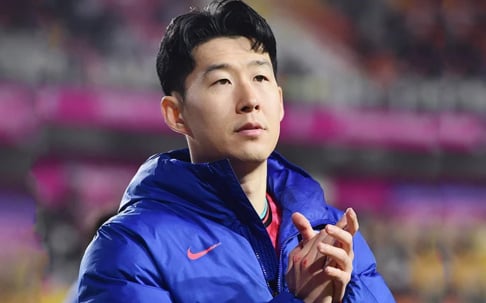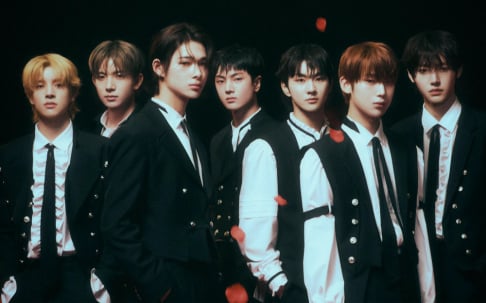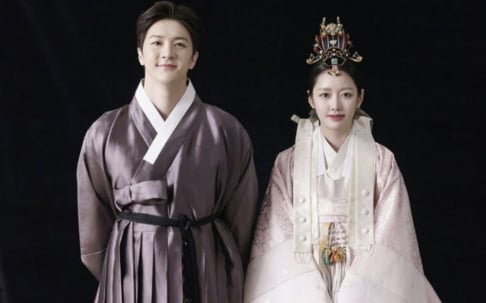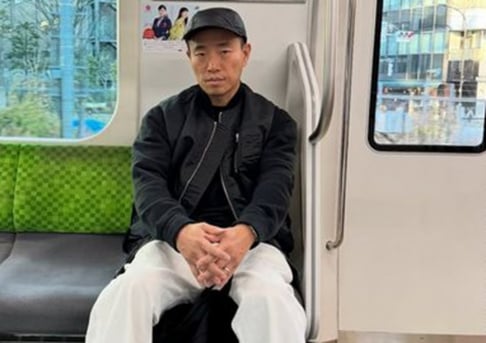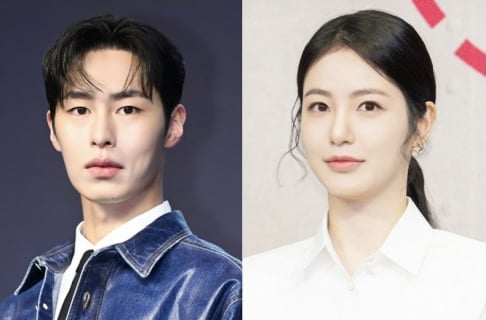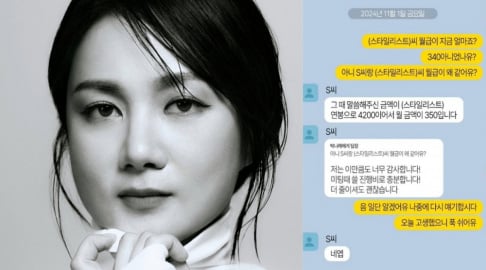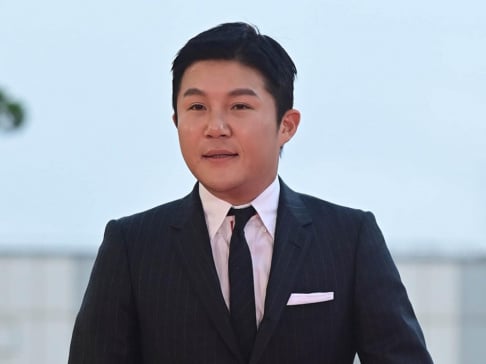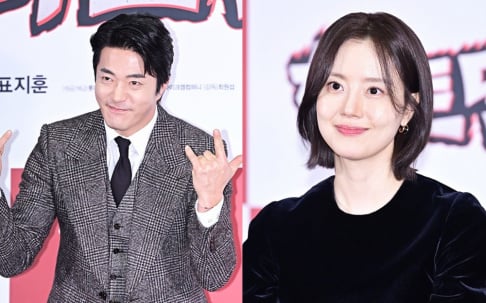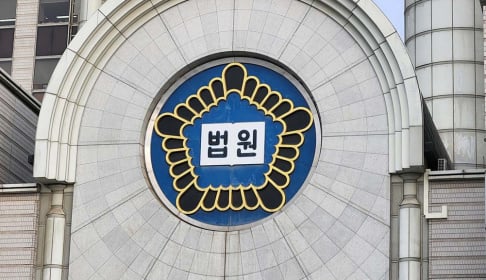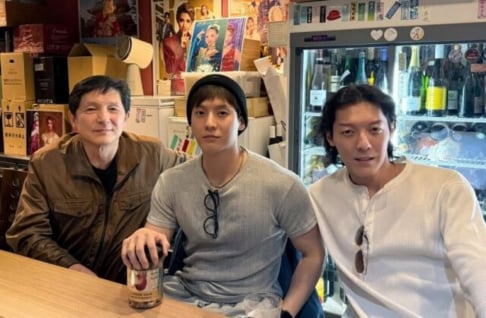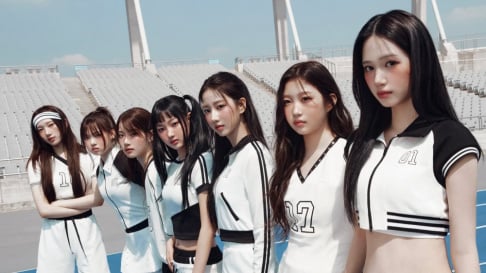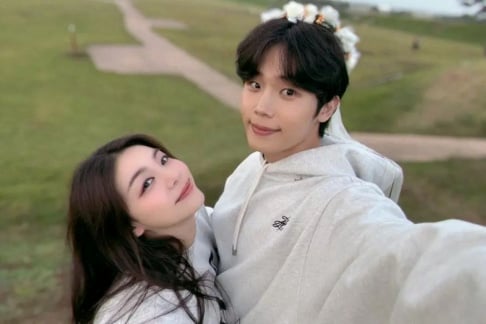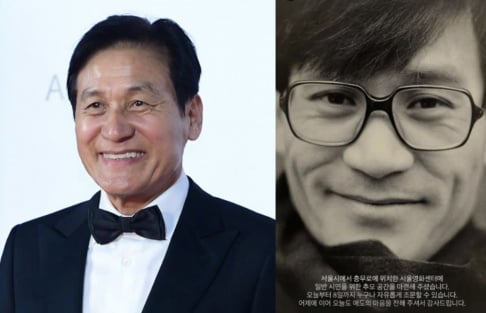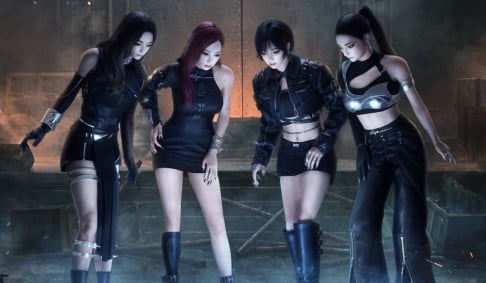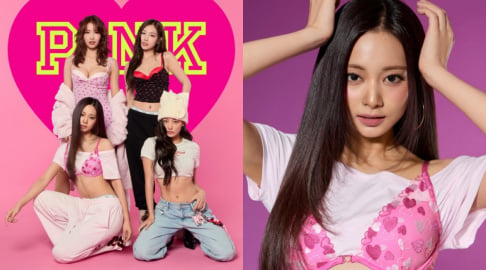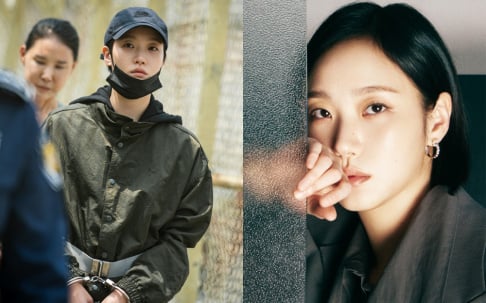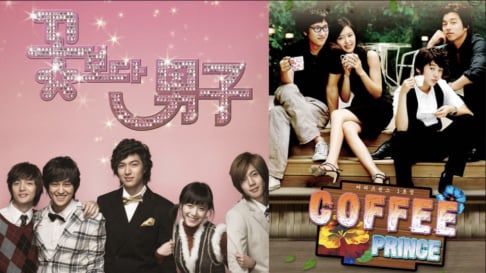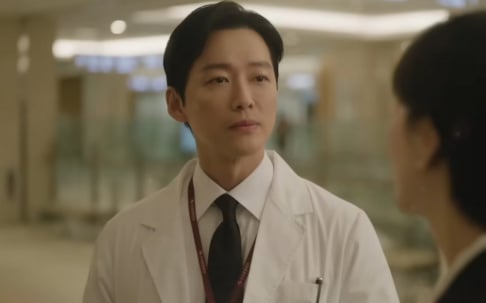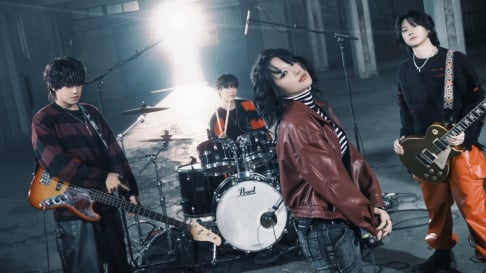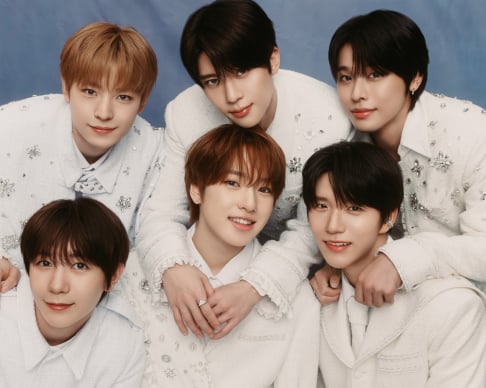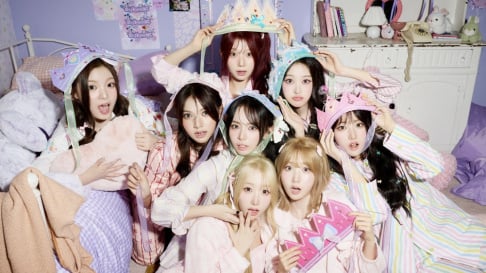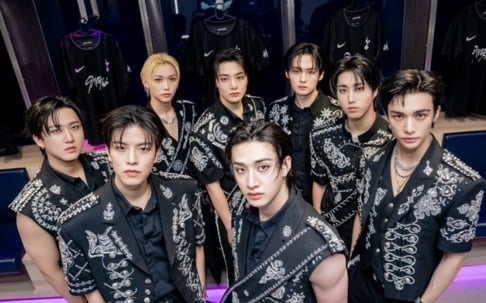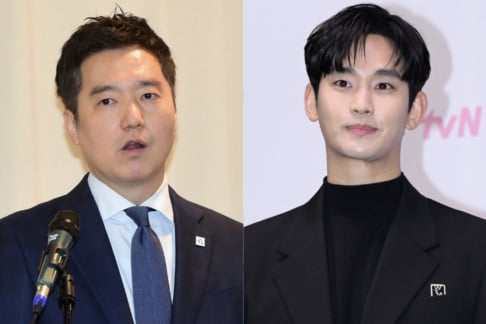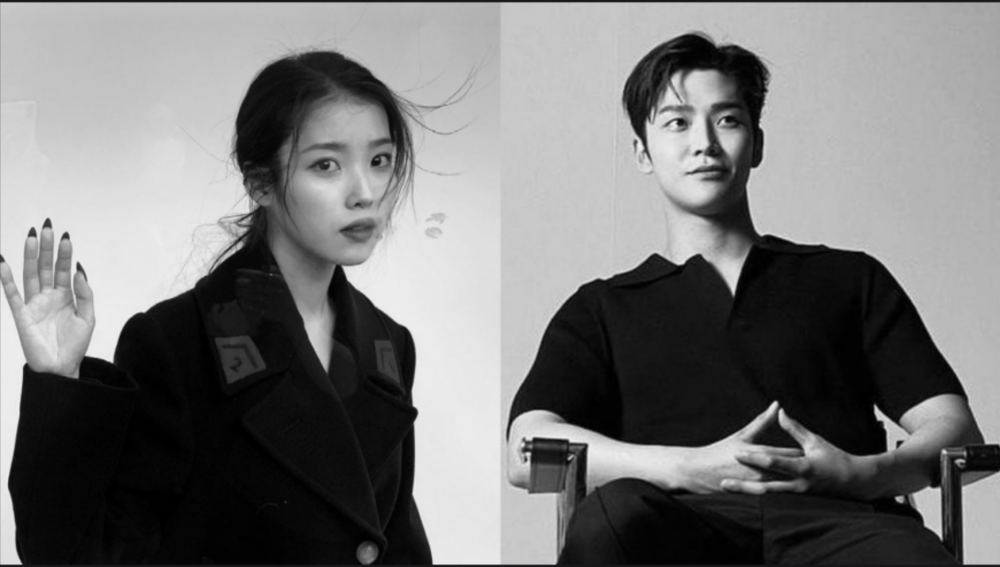
The massive success of 'When Life Gives You Tangerines' sparked an interesting debate among viewers: can idol actors truly be considered traditional actors?
In recent years, there's been a major rise in K-pop idols transitioning into the K-drama scene. Some, like Rowoon of SF9, have even made a complete career shift from music to acting. One of the most well-known figures is Cha Eun Woo, who, despite his growing acting résumé, still remains an active member of ASTRO. For a brief period, NCT’s Jaehyun stepped into the acting world with 'Dear M'.
Perhaps one of the most successful cases is IU, who has solidified her place in the acting industry through highly praised performances in projects like 'My Mister', 'Hotel Del Luna', and most recently, 'When Life Gives You Tangerines'. Similarly, Suzy has made a lasting impact through her work in both dramas and films, evolving from idol to established actress in the public eye.
That said, not everyone is fully on board with the idol-to-actor pipeline. While some fans celebrate seeing their favorite idols on screen, a growing number of netizens have voiced concerns about the overall quality of acting. Critics argue that many idol actors simply don’t have the formal training or depth of experience that full-time actors bring to the table. Online, posts have surfaced pointing out awkward line delivery, overly stiff body language, and emotionless expressions - performances that some describe as robotic or disconnected.
The backlash doesn’t stop there. Some viewers have gone so far as to say that when they see an idol in the lead role, it can be a turn-off. The gap in skill between seasoned actors and idols-turned-actors, they argue, is often too glaring to ignore, and for some, it's enough to affect whether or not they decide to tune into a drama at all. While there are clear exceptions who’ve impressed with their talent and growth, the debate continues: should idols take on lead roles without rigorous training, or should acting remain the domain of professionals who’ve dedicated years to the craft
Still, reality isn’t always so black and white. Several dramas featured star-studded actor lineups and underperformed, while other series with idols in lead or supporting roles became surprise hits. This raises a bigger question: How much does public perception of idol actors really affect viewership? And are we beginning to see that talent and chemistry sometimes matter more than just labels?

 SHARE
SHARE
